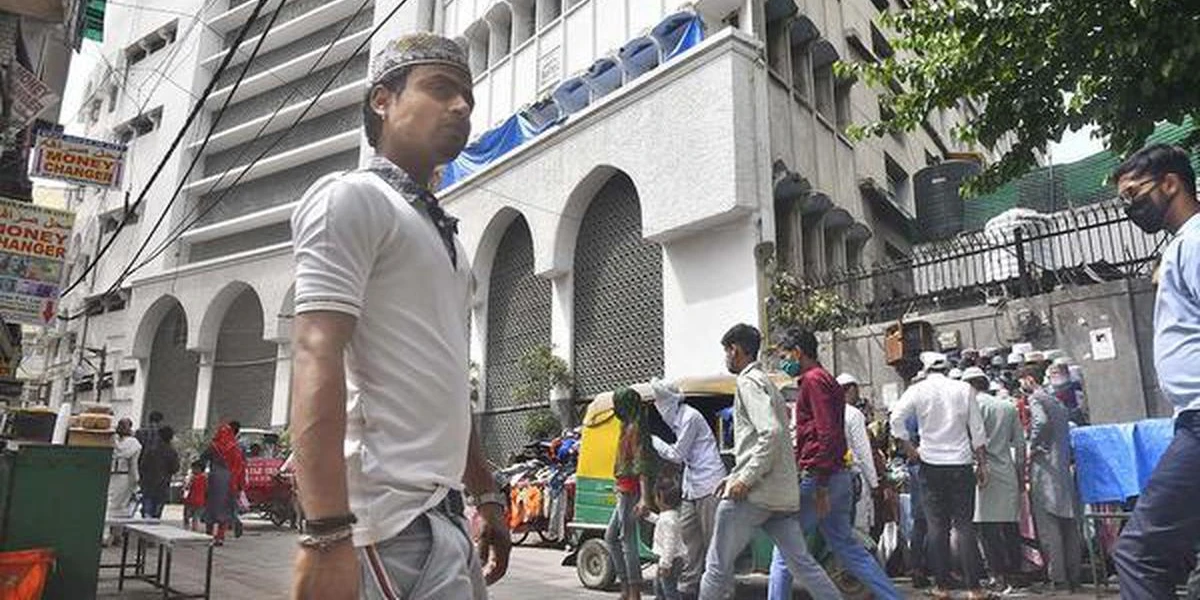
The Delhi High Court on Thursday quashed 16 criminal cases against 70 Indian nationals who had been booked for allegedly providing shelter to foreign attendees of the Tablighi Jamaat congregation during the COVID-19 lockdown in March 2020.
Justice Neena Bansal Krishna, while disposing of the batch of petitions, stated, “Chargesheets quashed.” A detailed judgment is awaited.
The petitions, filed by advocate Ashima Mandla, sought the quashing of FIRs that accused the petitioners of violating COVID-19 protocols by housing foreign nationals linked to the congregation at Delhi's Nizamuddin Markaz.
The Delhi Police had earlier opposed the pleas, claiming the petitioners violated prohibitory orders by allowing foreign nationals to stay in local mosques and houses despite the lockdown.
However, the petitioners argued that there was no evidence to show they were COVID-positive or had hosted any gatherings. They said the foreign nationals were merely given shelter during the lockdown and that no religious or social event had taken place.
They contended that the FIRs contained vague and exaggerated allegations and failed to establish any link between them and the spread of COVID-19. Their only alleged act was being present with foreign nationals in mosques or homes.
The accused were charged under IPC sections including 188 (disobedience to public servant's order) and 269 (negligent act likely to spread infection), among others.
While some foreign nationals named in the FIRs had already been discharged, acquitted, or pleaded guilty to return to their countries, the 70 Indian nationals have now been given relief by the High Court.
The police had claimed inspections between March 26 and 31, 2020, revealed that several foreign nationals had moved from Nizamuddin to other areas like Chandni Mahal, violating lockdown and distancing norms. The Centre had imposed a nationwide lockdown on March 24, 2020, and the Delhi government had ordered closure of religious places.
The High Court’s decision offers long-awaited relief to the Indian petitioners, closing a chapter on a widely debated legal and social episode from the early days of the pandemic.
Website designed, developed and maintained by webexy